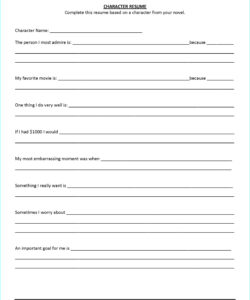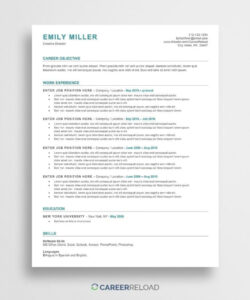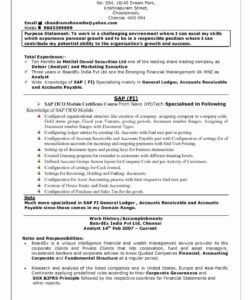Event planning is a complex and multifaceted field that requires a diverse set of skills and expertise. Whether you are an experienced event planner or just starting out, it is essential to know how to describe your experience and qualifications on your resume in a way that will catch the attention of potential employers. In this article, we will provide you with some tips and tricks on how to describe event planning on your resume.
First and foremost, it is important to highlight your experience in event planning. This can include anything from organizing small-scale events to managing large-scale conferences and conventions. Be sure to include specific details about your experience, such as the number of attendees, the budget, and the scope of the event. This will help potential employers get a better sense of your capabilities and expertise.
How to Describe Your Skills in Event Planning
Another important aspect of describing event planning on your resume is highlighting your skills. Event planning requires a wide range of skills, including project management, budgeting, marketing, and communication. Be sure to highlight your skills in these areas, as well as any other relevant skills you may have, such as vendor management, contract negotiation, or risk management.
When describing your skills, it is important to be specific and provide examples of how you have used these skills in the past. For example, if you are skilled in project management, you might describe how you successfully managed a team of event planners to execute a large-scale conference on time and under budget.
How to Describe Your Achievements in Event Planning
In addition to describing your experience and skills, it is important to highlight your achievements in event planning. This can include anything from successfully executing a high-profile event to developing a new marketing strategy that increased attendance at an event. Be sure to highlight your achievements in a way that is specific and measurable, such as by including data on attendance, revenue, or customer satisfaction.
When describing your achievements, it is also important to highlight the impact that your work had on the event or organization. For example, you might describe how your marketing strategy helped to increase attendance at an event by 50%, or how your risk management plan helped to prevent a major crisis from occurring.
FAQs
Q: What should I include in my event planning resume?
A: When creating an event planning resume, be sure to include your experience, skills, and achievements in event planning. Highlight specific details about your experience, such as the number of attendees, the budget, and the scope of the event. Be sure to also highlight your skills in project management, budgeting, marketing, and communication, as well as any other relevant skills you may have.
Q: How do I describe my experience in event planning?
A: When describing your experience in event planning, be sure to include specific details about the events you have planned, such as the number of attendees, the budget, and the scope of the event. Highlight your experience in organizing small-scale events to managing large-scale conferences and conventions. Be sure to also highlight your skills in project management, budgeting, marketing, and communication, as well as any other relevant skills you may have.
Q: What are some common mistakes to avoid when creating an event planning resume?
A: Some common mistakes to avoid when creating an event planning resume include failing to highlight your experience and achievements, using generic language, and failing to tailor your resume to the specific job you are applying for. Be sure to highlight specific details about your experience and achievements, use specific and measurable language, and tailor your resume to the specific job you are applying for.
With these tips and tricks, you should be well on your way to creating a standout event planning resume that will catch the attention of potential employers. Remember to be specific, highlight your experience and achievements, and tailor your resume to the specific job you are applying for. Good luck!


